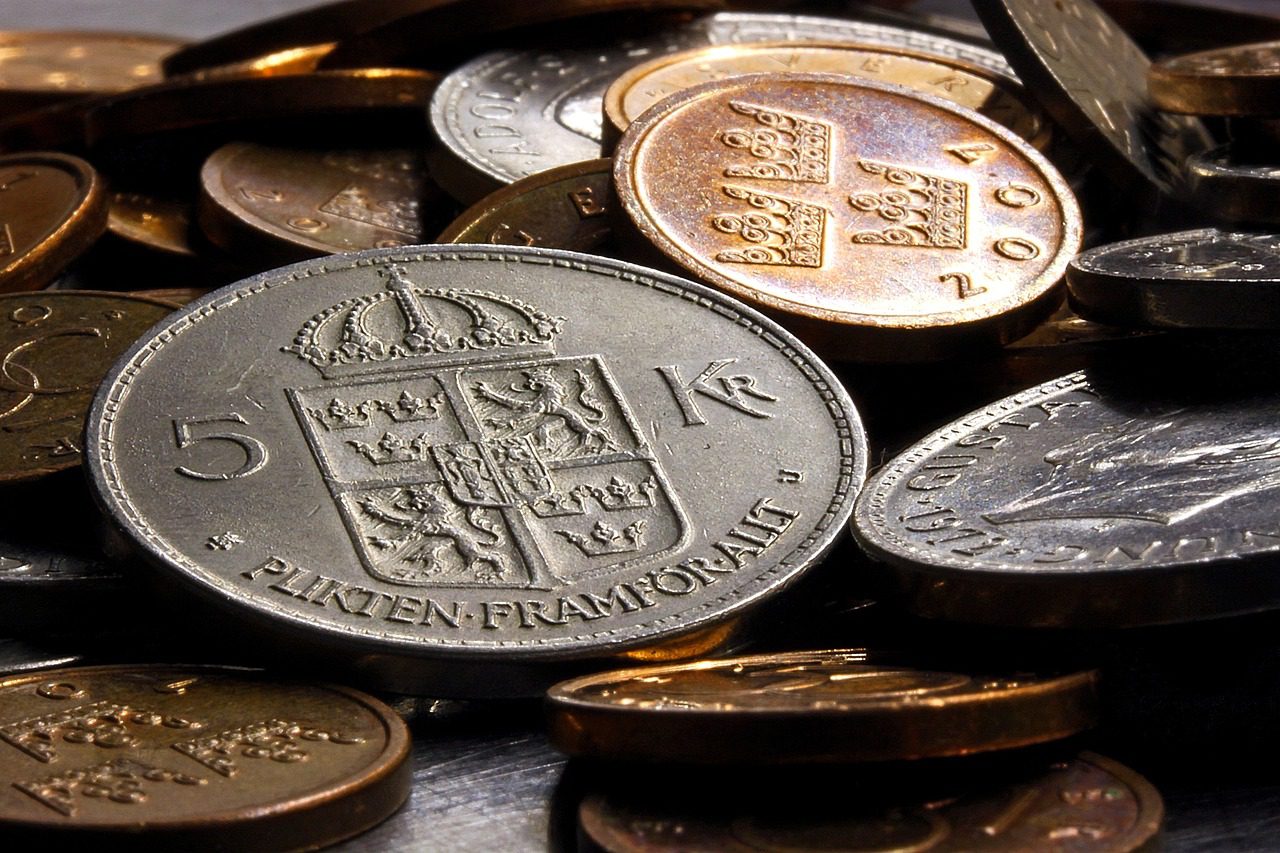
On Thursday the 24th, the central bank of Sweden, the Riksbank, increased its lead interest rate. In its press release, the Riksbank explains:
High inflation erodes the purchasing power of many and makes it more difficult for households and businesses to plan their finances. In order to bring down inflation and protect the [Riksbank’s] inflation target, the board has decided to raise the lead interest rate by 0.75 percentage points to 2.5 percent.
The Riksbank warns of further increases, predicting a lead interest rate at 3% early next year.
Pointing to policy decisions by other central banks, the Riksbank claims that the trend of rising interest rates will continue for some time still. The central bank also points to domestic inflation, which stood at 9.3% in October:
While this was somewhat lower than in the Riksbank’s September forecast, this can be explained entirely by energy prices being lower than expected. Excluding energy prices, inflation has turned out to be unexpectedly high, which suggests that the inflation pressure is somewhat higher than expected.
The Riksbank fears that if left unaddressed, inflation will become a persistent problem.
According to Mr. Stefan Ingves, president of the Riksbank, Sweden has not seen inflation at the current level “since the early ’90s.” He also predicts that
inflation will fall toward two percent during 2023. After that, we expect to be in the proximity of two percent in 2024.
Mr. Ingves’s forecast is in line with indications that Europe has reached the peak of this inflation cycle.
